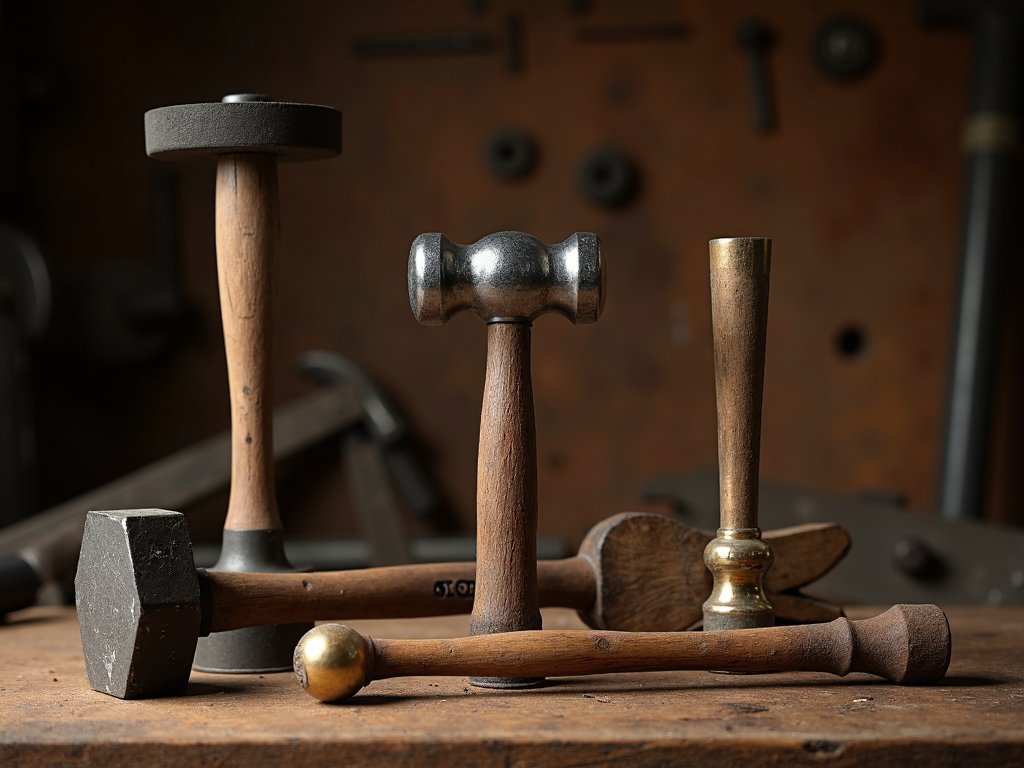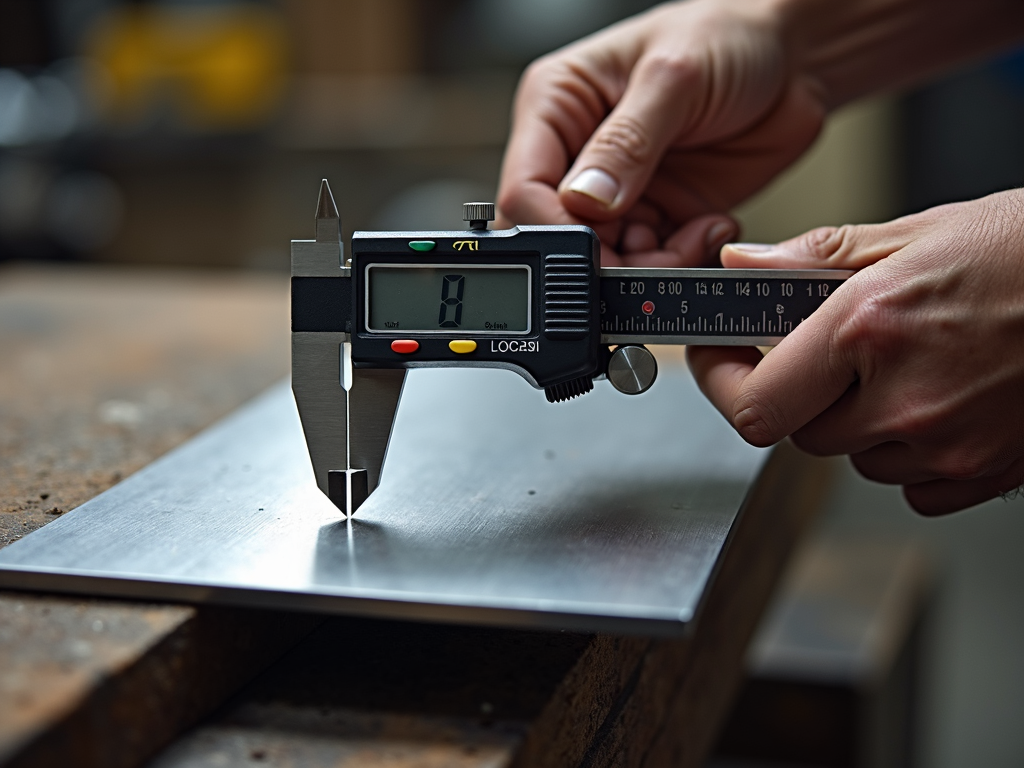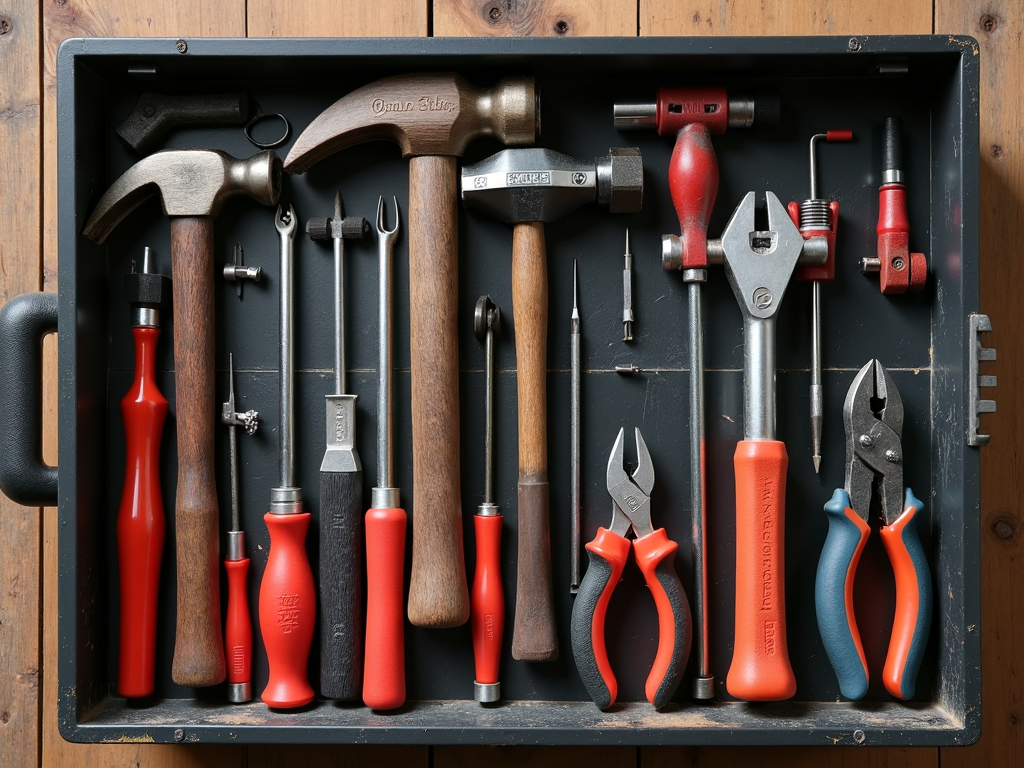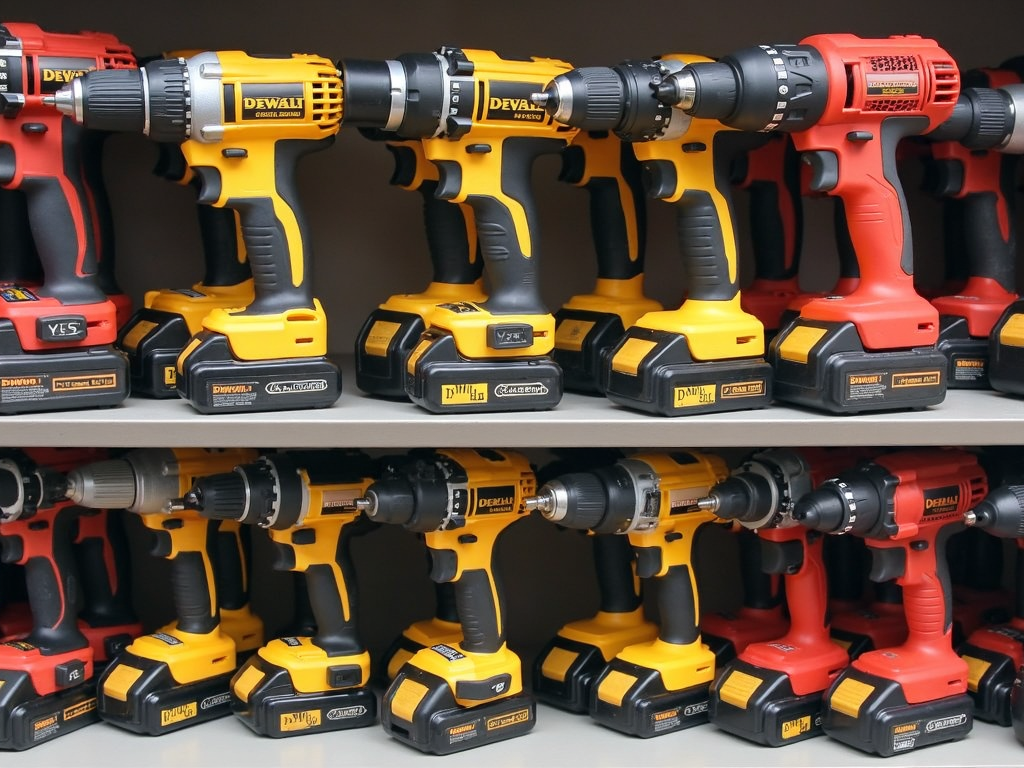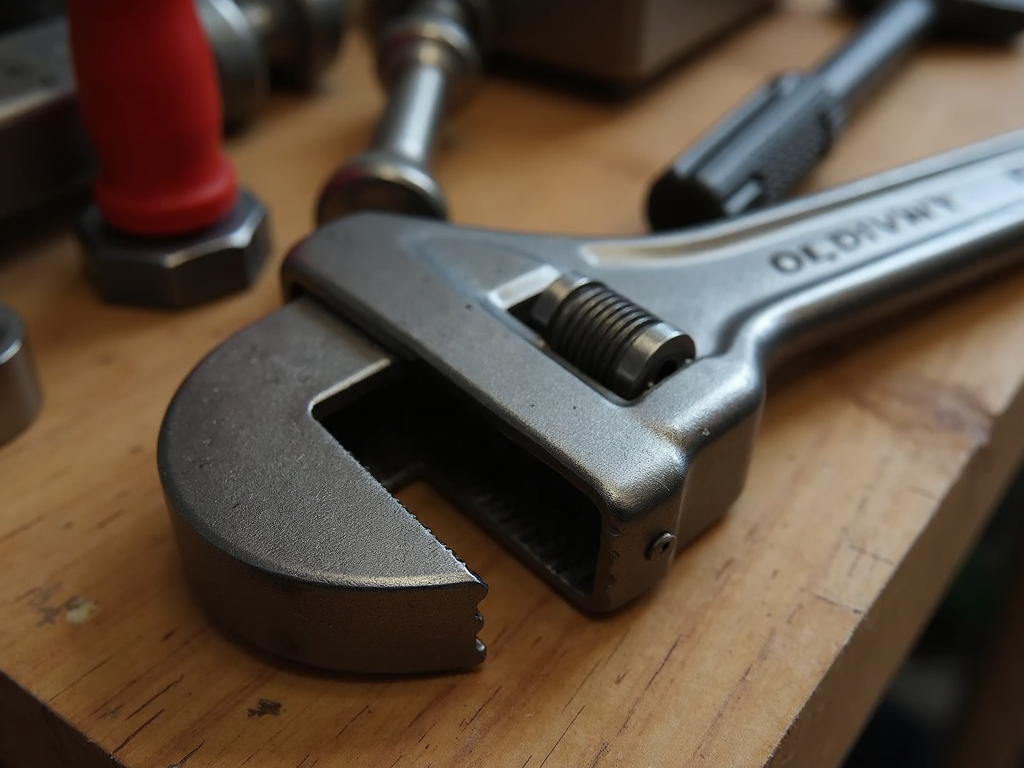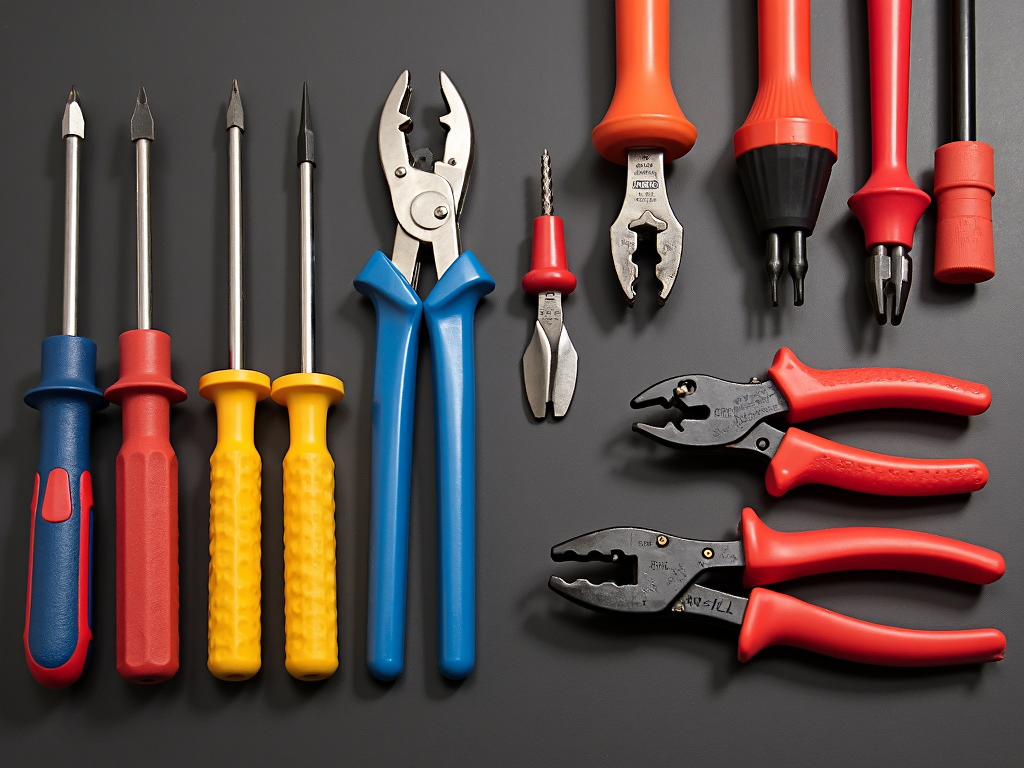Ever feel like you're running on empty by midday? You're not alone. According to the National Sleep Foundation, nearly 50% of Americans report feeling sleepy during the day, which can significantly impact productivity and quality of life. In today's fast-paced world, maintaining high energy levels is more important than ever. But what if I told you that simple changes to your diet could give you the energy boost you need? In this article, we'll explore how nutrition plays a crucial role in your energy levels and share practical tips to help you stay energized throughout the day. Whether you're a busy professional, a student, or anyone looking to improve their productivity, these nutrition tips can make a significant difference.
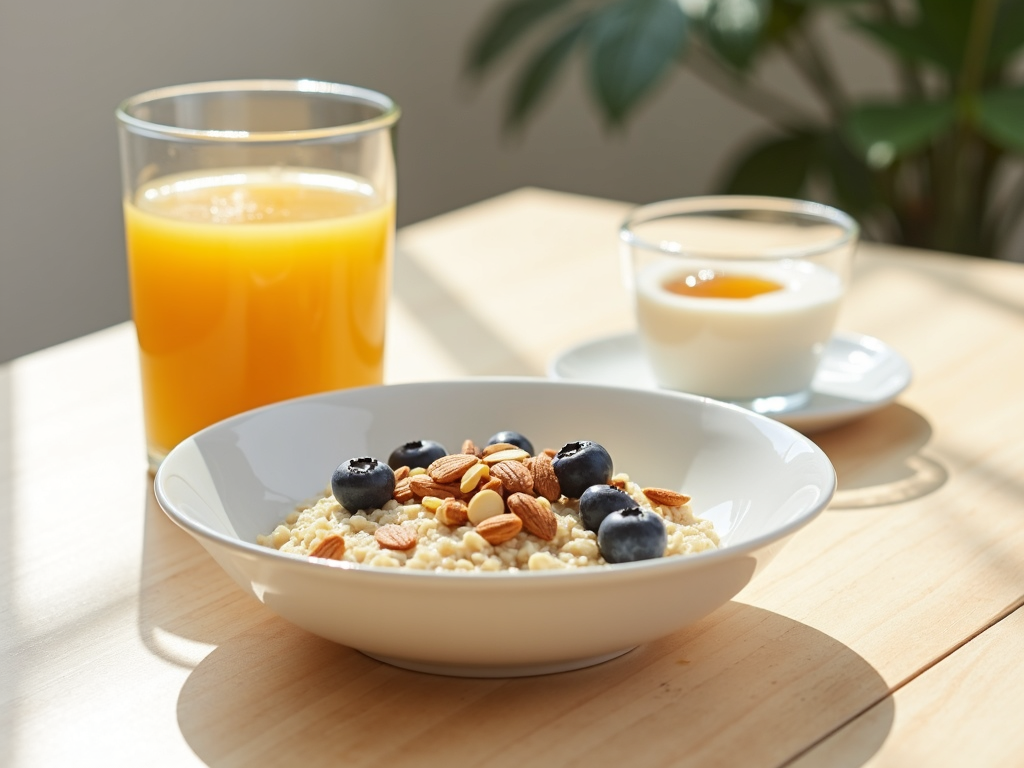
Food is fuel for our bodies. Just like a car needs the right type of gas to run efficiently, our bodies need the right nutrients to function at their best. Carbohydrates, proteins, and fats are the main sources of energy. Carbohydrates are broken down into glucose, which is used immediately for energy or stored for later use. Proteins help build and repair tissues and can also be used for energy when needed. Fats provide a concentrated source of energy and are essential for various bodily functions. Dr. Jane Smith, a nutritionist, explains, 'The body converts food into glucose, which is then used by cells for energy. Without adequate nutrients, this process can be inefficient, leading to fatigue.' But it's not just about what you eat—it's also about when and how you eat. For example, eating a large meal can lead to a temporary energy spike followed by a crash, while smaller, balanced meals can provide steady energy throughout the day. Additionally, certain vitamins and minerals, like B vitamins and iron, play a crucial role in energy production. Understanding these basics can help you make informed choices about your diet.
Balanced Meals
Eating a balanced diet is key to maintaining steady energy levels. This means including a mix of carbohydrates, proteins, and healthy fats in every meal. Here's why each is important:
- Carbohydrates: Provide quick energy. Opt for complex carbs like whole grains, which release energy slowly.
- Proteins: Help sustain energy by slowing down the absorption of carbs. Include lean proteins like chicken, fish, or plant-based options.
- Fats: Offer long-lasting energy. Choose healthy fats like avocados, nuts, and olive oil.
For example, a breakfast of oatmeal (carbs) with nuts (healthy fats) and Greek yogurt (protein) can set you up for a productive morning. Or, for lunch, try a quinoa salad with vegetables, grilled chicken, and a drizzle of olive oil. Here's a sample day of balanced meals:
- Breakfast: Oatmeal with almond butter and sliced banana
- Mid-morning snack: Greek yogurt with honey and walnuts
- Lunch: Quinoa salad with grilled chicken, avocado, and mixed vegetables
- Afternoon snack: Apple slices with peanut butter
- Dinner: Baked salmon with sweet potato and steamed broccoli

Hydration
Did you know that dehydration can lead to fatigue? Even mild dehydration can affect your mood, energy levels, and cognitive function. Water is essential for transporting nutrients and oxygen to your cells, and it helps regulate body temperature. Aim to drink at least 8 glasses of water a day, and more if you're active or live in a hot climate. If plain water bores you, try infusing it with fruits like lemon, cucumber, or berries, or herbs like mint for a refreshing twist. Herbal teas and coconut water are also good options.

Timing of Meals
When you eat is just as important as what you eat. Skipping meals can cause your blood sugar to drop, leading to energy crashes and irritability. To keep your energy levels stable, try to eat small, frequent meals throughout the day. A good rule of thumb is to eat every 3-4 hours. This could include three main meals and two snacks. For instance, have breakfast at 7 AM, a mid-morning snack at 10 AM, lunch at 1 PM, an afternoon snack at 4 PM, and dinner at 7 PM. This schedule can help prevent energy dips and keep you focused.
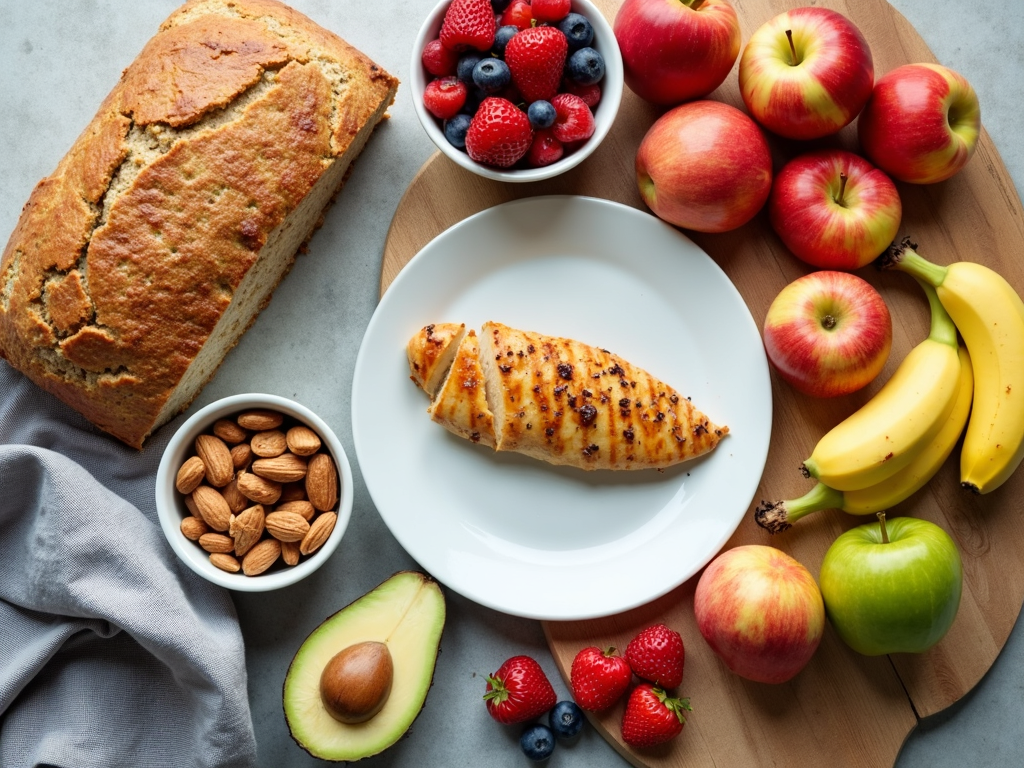
Specific Foods
Certain foods are particularly good at boosting energy. Here are some top picks:
- Complex Carbohydrates: Whole grains like brown rice, quinoa, and oats provide sustained energy.
- Lean Proteins: Chicken, turkey, fish, tofu, and legumes help maintain energy levels.
- Healthy Fats: Avocados, nuts, seeds, and olive oil offer long-lasting fuel.
- Fruits and Vegetables: Rich in vitamins and minerals, they support overall energy production. Bananas, berries, and leafy greens are especially good. Bananas are rich in potassium and vitamin B6, which help regulate energy levels. Berries are packed with antioxidants that reduce inflammation and support brain function.
For snacks, consider: - A handful of almonds and an apple - Greek yogurt with berries - Hummus with carrot sticks - A smoothie with spinach, banana, and protein powder
Avoid sugary snacks and drinks, as they can lead to energy crashes.

As someone who's always been on the go, I've tried every energy-boosting trick in the book. From endless cups of coffee to energy drinks, I thought I had it figured out. But I was wrong. Relying on caffeine and sugar only led to more crashes and burnout. It wasn't until I started paying attention to my diet that I noticed a real difference. Incorporating more whole foods, like fruits, vegetables, and lean proteins, and eating at regular intervals, transformed my energy levels. I also learned that staying hydrated is crucial—something I often neglected. In my workplace, I've seen how small changes can make a big impact. For example, using ergonomic tools like wrenches designed to reduce hand strain can help reduce physical fatigue, which in turn supports overall energy levels. It's all about creating an environment that supports your well-being, both through nutrition and the tools you use.

In summary, boosting your energy through nutrition is about making smart, sustainable choices. Here's a quick recap:
- Eat balanced meals with a mix of carbs, proteins, and fats.
- Stay hydrated by drinking plenty of water.
- Time your meals to maintain steady energy levels.
- Choose energy-boosting foods and snacks.
Remember, small changes can lead to big improvements in how you feel and perform. Start with one tip and gradually incorporate more into your routine. Your body—and your productivity—will thank you.
Related Nutrition Tips for Energy Boosts:
- Specialty Hammers for Crafts and Hobbies: Essential Tools for Precision Work
- Safety First: Protecting Yourself in the Workshop
- DIY Workshop Safety Tips for Every Hobbyist: A Comprehensive Guide
- How to Prep Your Room for Painting: A Comprehensive Guide
- Essential Workman Tools for Metalworking: A Comprehensive Guide
- Top Workman Tools for Electricians: Must-Haves for Every Job
- Advanced Tool Maintenance Techniques: Ensuring Longevity and Efficiency
- How to Choose the Right Power Drill for Your Project
- The Ultimate Guide to the Best Wrench Sets for Construction Workers
- DIY Workshop Organization: Budget-Friendly Solutions for a Clutter-Free Workspace
- Essential Safety Gear for Electricians
- The Importance of Workplace Safety and Ergonomics
